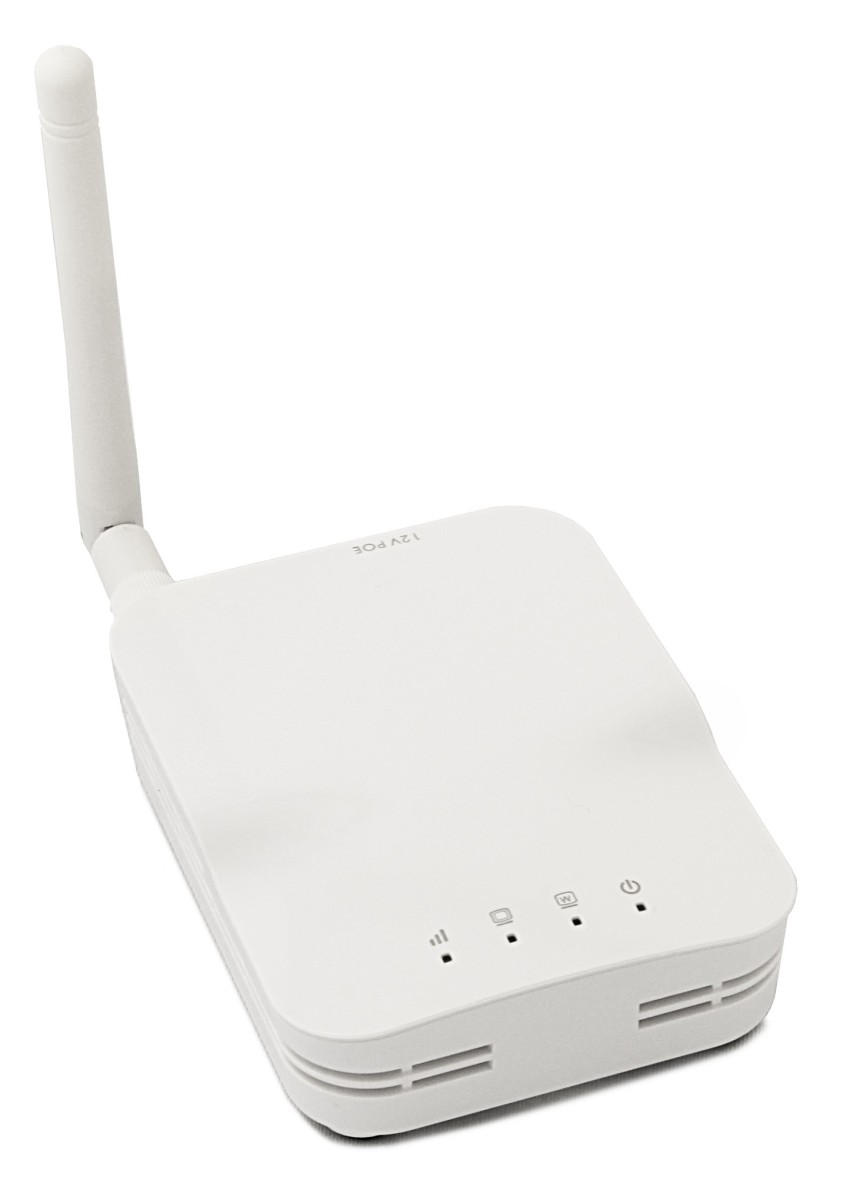Google holds Verizon’s feet to fire on 700MHz open access
The struggle over the Federal Communications Commission's 700MHz auction's C Block just flared up again. Google has written a stern letter to the FCC demanding that the agency force the block's winner, Verizon, to honor the spectrum region's open platform provision.
Related StoriesVerizon opens up, will support any device, any app on its network
Skeptics wonder if Verizon's "open network" plans have deeper meaning
Verizon signals receptiveness to open access for 700MHz spectrum auction
Google attacks Verizon's attempt to water down 700MHz "open access" rules
"The rule requires openness for 'Any Applications, Any Devices'-not 'Any Applications, Except on Verizon Devices,' as Verizon would interpret it," a small squad of Google attorneys told the FCC on Friday. "The Commission must ensure that Verizon understands that this license obligation means what it says: Any Apps, Any Devices."
Google wants the agency to make Verizon promise to adhere to the C Block rules-in writing.
Door number one or two?
In the FCC's mostly completed 700MHz broadband auction, Verizon paid $9.36 billion for the six C Block licenses that give it a powerful wireless broadband platform across the contiguous United States. Verizon never did like the open platform provision attached to the block, however, which stipulates that licensee(s) "shall not deny, limit, or restrict the ability of their customers to use the devices and applications of their choice." Last summer Verizon went so far as to sue the FCC to stop the plan. The company only dropped its legal action in October when it saw that the courts would not give them expedited review of the case.
Since then, the wireless giant has contented itself with making comments that suggest that the company will obey the open platform rule-except when it won't. Around the time that Verizon withdrew the lawsuit, Thomas Tauke, the telco's Vice President for Public Policy, spoke at a Web 2.0 conference in San Francisco. There he unveiled what he called the "two-door concept" regarding the auction: "Door No. 1, in the rules as written, you can bring your own device and it's open and you can get on the network," Tauke explained. "Door No. 2 is for the customer who wants the kind of contract they have with Verizon today, where we provide the device and we guarantee the service quality and so on."





